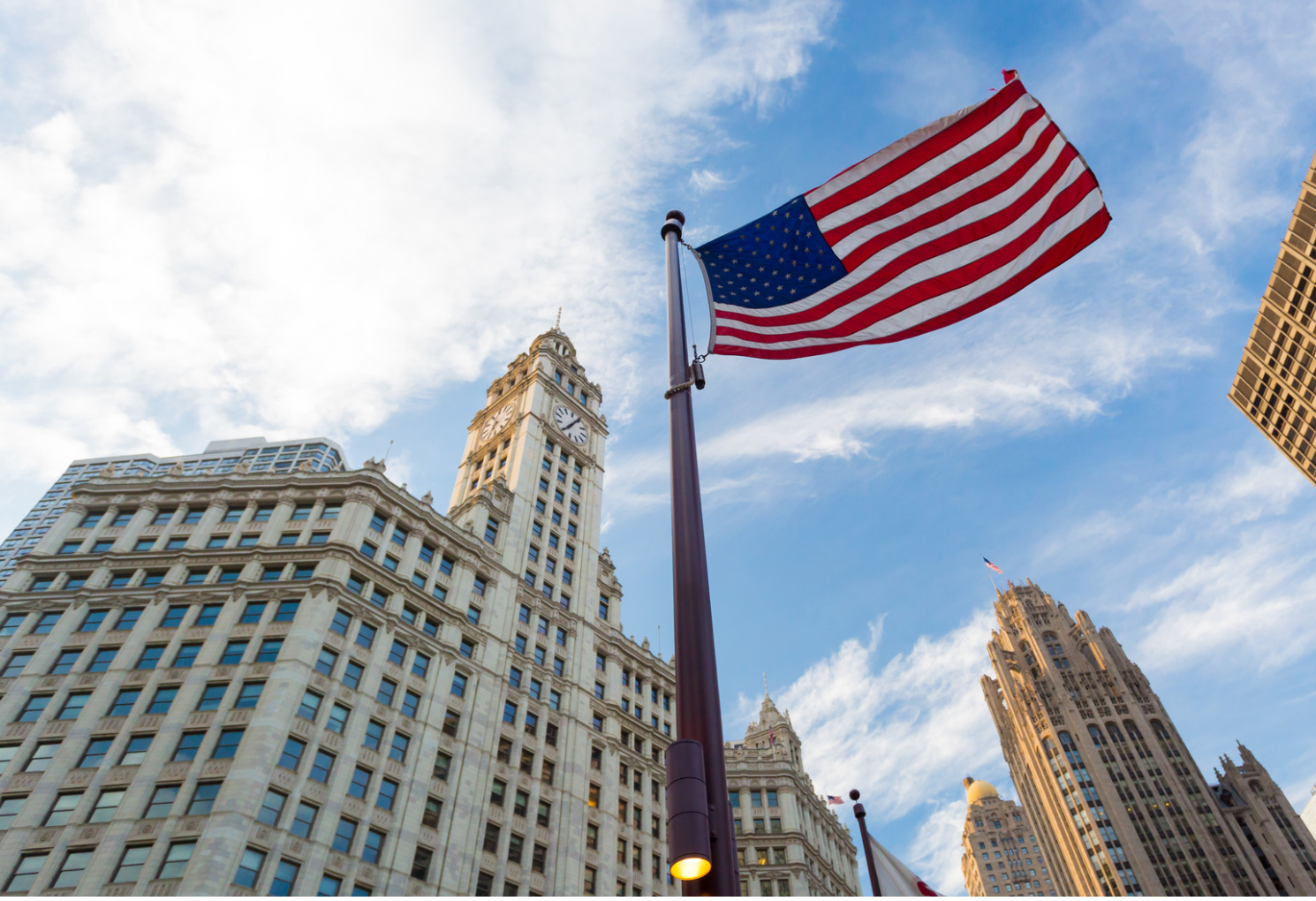As Inauguration Day grows closer, one thing on students minds is the potential policy shifts that could significantly impact their futures. From environmental policies to education and social issues, students are left wondering how the next four years will play out.
Donald Trump’s one of his campaign slogans ‘Drill, baby, drill’ highlights his commitment to increasing fossil fuel production. While supporters argue this could lower fuel costs, environmental experts warn of potential increased greenhouse gas emissions through expanded oil and gas extraction.
“I don’t think in a big way as a country we’re going to be moving towards that. [Climate change improving]I do think that there are people in national and local governments that do care about improving our odds of reversing climate change,” Celia DiNitto ‘25 said.
Although Trump takes credit for the overturning of Roe vs Wade, he isn’t in support of a national abortion ban. Abortion continues to be a pivotal voter concern, with uncertainty surrounding future policy directions.
“You have to take everything with a grain of salt. A national abortion ban is very unpopular, but I think nothing’s off the table,” said DiNitto.
A significant proposed change is the potential elimination of the Department of Education. Trump has been very clear about his intentions, stating at a September rally, “I say it all the time, I’m dying to get back to do this. We will ultimately eliminate the federal Department of Education.”
The main reason the Trump administration wants to dissolve the federal Department of Education is to give more power to the states. However, education curriculum and decisions are already decided by each respective state. The federal Department provides financial regulations and ultimately decides school disputes.
“I mean, we’ve seen that with school vouchers and we’re stepping away from supporting public education, majorly as a country and as a state,” said DiNitto.
The concept of universal school choice has been intensely debated since January 2023, when Iowa Governor Kim Reynolds signed a bill allowing government assistance for students who wanted to attend a private school.
“To my knowledge, I don’t know if there has been more people than before who have lived in Johnston and gone to Dowling or DMC,” JHS principal Ryan Woods said.
The proposed department closure would create significant challenges for federal student loan management. The current department oversees a $1.7 trillion loan portfolio. Abolishing the department would effectively halt loan payments and potentially reduce federal student aid availability.
“I don’t think we can have a system where college is so expensive and there is no help for kids to access it,” said Ryan Woods, the principal of Johnston High School.
Recent legislative trends have also raised concerns about LGBTQ+ student and teacher rights. In the past two years, multiple anti-LGBTQ bills have been signed into law, creating potential risks for students and educators.
“When it’s codified into law that you could be punished by giving a trans student what they need or just calling somebody by what they want to be called. Especially for trans students, it can be harmful,” DiNitto said.
The outcome of the election has been hard for many students. It is easy to forget the importance of treating others with respect and empathy because of how polarized we are today.
“I think a lot of us are feeling very tense with the people that we know, maybe people that we love that we just disagree with. I think we should realize it’s okay to step back and not talk about this for a while, because it can be a lot,” said DiNitto.



